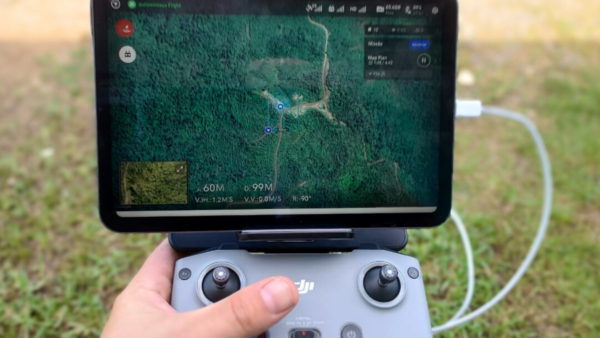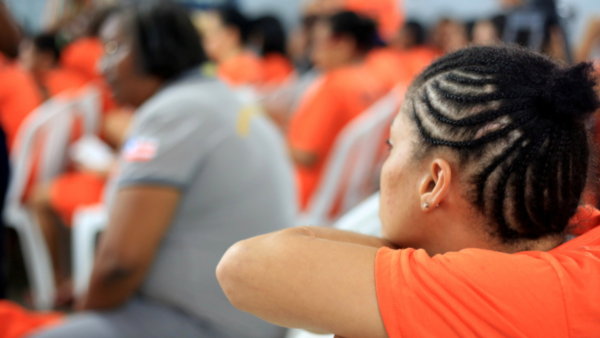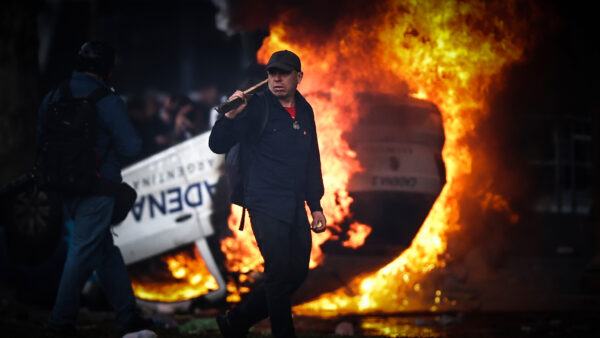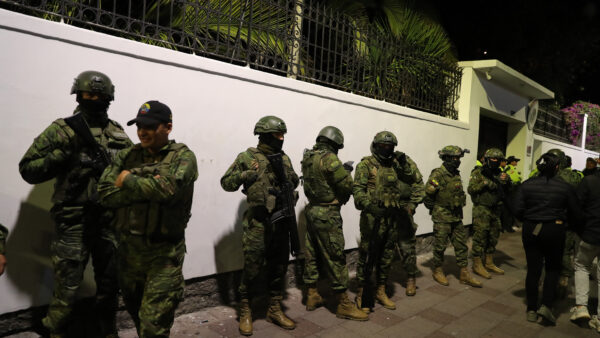Brazil’s Supreme Court is hiring contractors to continuously monitor social media and identify the court’s main detractors (and also their location), among other information.
Contractors must suggest ways for the Supreme Court to “improve its communication” with Brazilian citizens. Reports produced must also identify who opinion-makers are on issues relating to the court and what positions they take, as well as evaluate the digital influence “of the public, the patterns of messages, and any actions organized on the web,” according to the terms of the public notice.
In recent years, the Supreme Court and the Superior Electoral Court have expanded their activities in the name of combating disinformation and preserving democracy —- and thus raising a series of legal debates about the powers and limits of the Judiciary in this task.
An inquiry opened by the Supreme Court to address the problem, for example, has been going on for more than five years. Initially, the investigation targeted not only “fake news” but also news that was unfavorable to the court — such as when a justice censored a report showing links between a former chief justice and a corrupt company.
Now, the hiring of an online monitoring contractor draws attention because Supreme Court Justice Gilmar Mendes and the former prosecutor general, Augusto Aras, have sued people for what they published on social media — in cases fiercely contested by lawyers, academics, and the press.
Furthermore, in an action still under trial, Justices Cármen Lúcia, Alexandre de Moraes, Rosa Weber, and Luís Roberto Barroso (current chief justice) have already stated that another instance of virtual monitoring — but specifically targeting lawmakers and journalists and commissioned by Jair Bolsonaro’s communications office — violated the Constitution.
The judges spoke of a deviation of purpose of the government’s secretariat and a breach of the principles of impersonality and morality of the public administration. “The use of the state apparatus to obtain specific information about political stances contrary to the government constitutes an affront to the fundamental right to free expression of thought,” said Justice Cármen Lúcia.
Regarding its own monitoring, the Supreme Court states that “it is a service to compile public content from social networks about the Supreme Court, just as clipping already exists for news from newspapers and websites.”
The court’s note claims that “the consolidation of public content on networks is carried out in most public administration bodies and guides the work of social communication, for the definition of topics that must be better explained to society, for example.”
Bodies such as the Superior Court of Justice, the Superior Labor Court, the Superior Electoral Court, and the National Council of Justice reportedly have similar contracts.

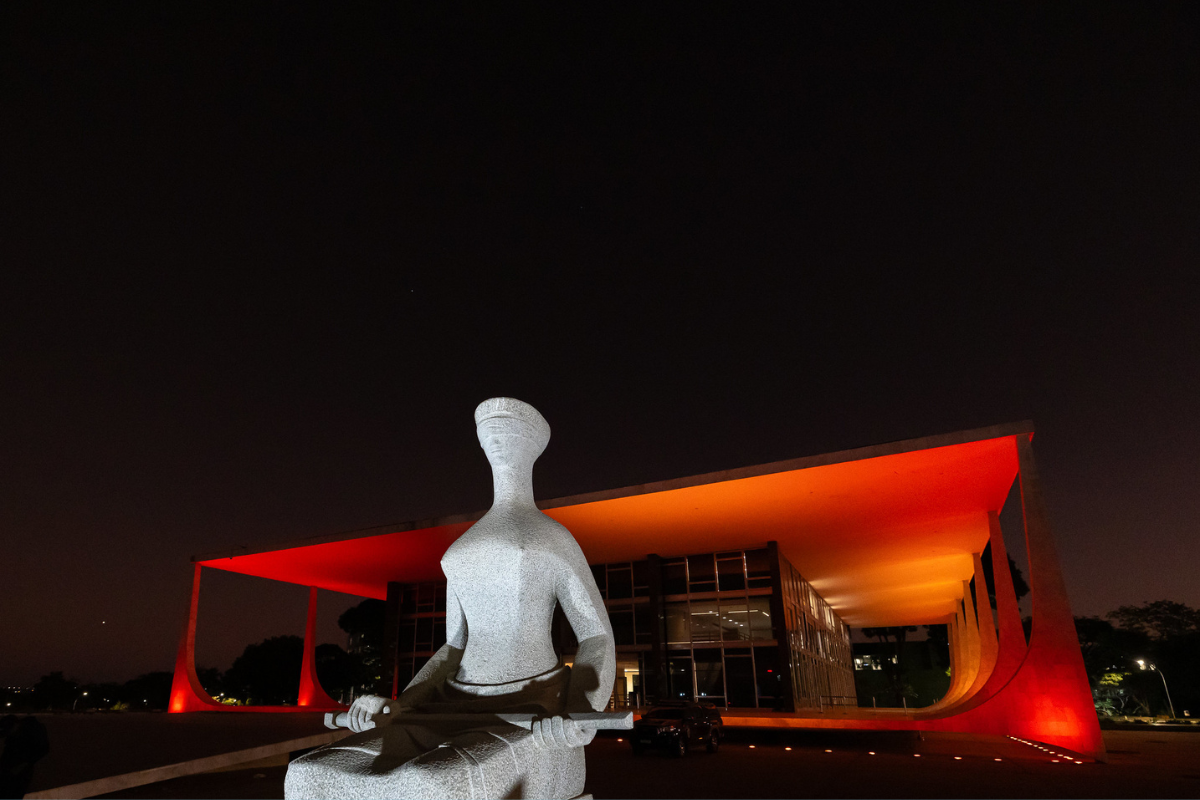
 Search
Search






















